11 Dividend Growth Stocks Delivering Double-Digit Increases
Dividend growth stocks with even so-so current yields can become powerful income holdings thanks to payout hikes over time and price-upside potential.

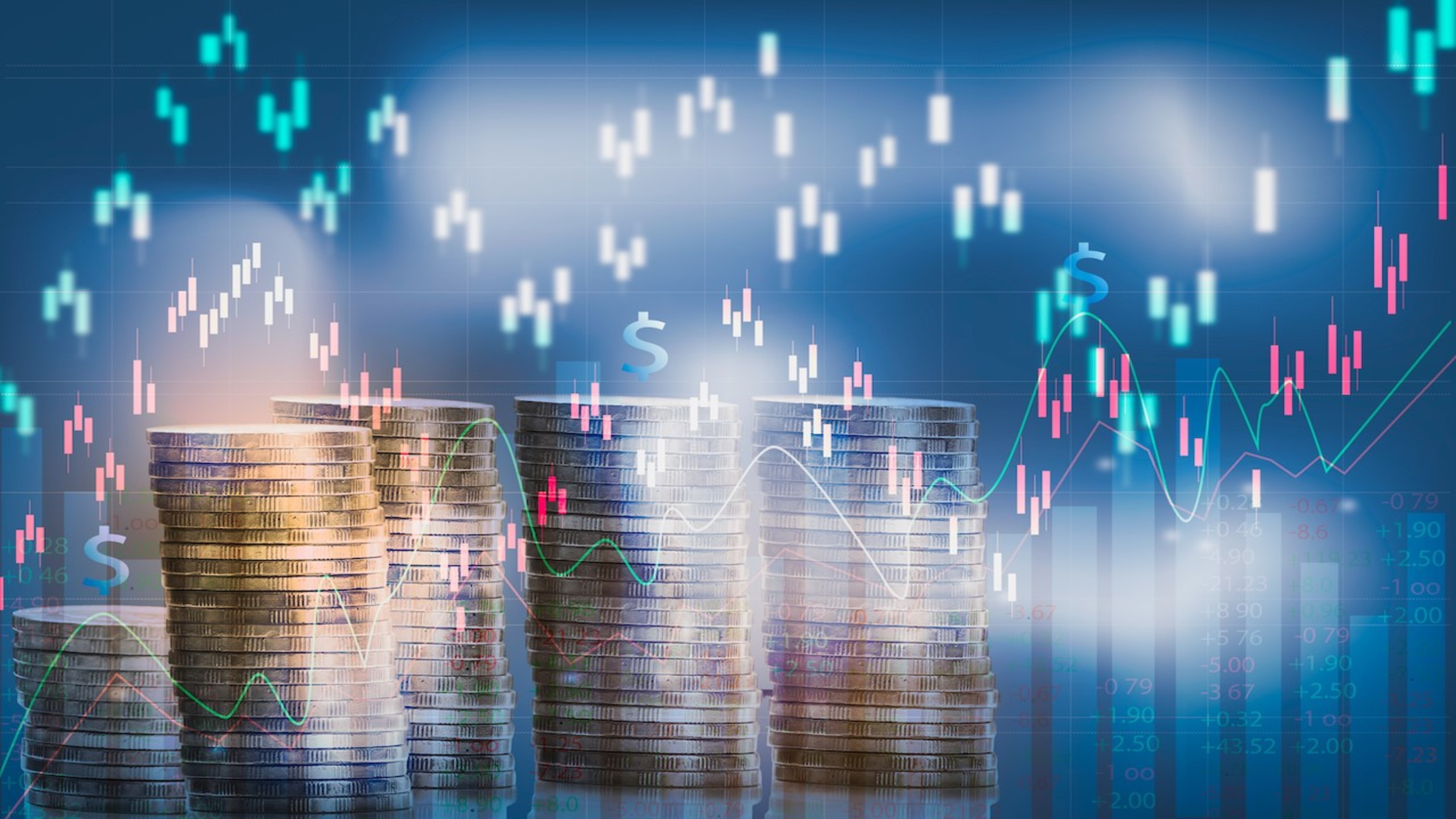
Profit and prosper with the best of Kiplinger's advice on investing, taxes, retirement, personal finance and much more. Delivered daily. Enter your email in the box and click Sign Me Up.
You are now subscribed
Your newsletter sign-up was successful
Want to add more newsletters?

Delivered daily
Kiplinger Today
Profit and prosper with the best of Kiplinger's advice on investing, taxes, retirement, personal finance and much more delivered daily. Smart money moves start here.

Sent five days a week
Kiplinger A Step Ahead
Get practical help to make better financial decisions in your everyday life, from spending to savings on top deals.

Delivered daily
Kiplinger Closing Bell
Get today's biggest financial and investing headlines delivered to your inbox every day the U.S. stock market is open.

Sent twice a week
Kiplinger Adviser Intel
Financial pros across the country share best practices and fresh tactics to preserve and grow your wealth.

Delivered weekly
Kiplinger Tax Tips
Trim your federal and state tax bills with practical tax-planning and tax-cutting strategies.

Sent twice a week
Kiplinger Retirement Tips
Your twice-a-week guide to planning and enjoying a financially secure and richly rewarding retirement

Sent bimonthly.
Kiplinger Adviser Angle
Insights for advisers, wealth managers and other financial professionals.

Sent twice a week
Kiplinger Investing Weekly
Your twice-a-week roundup of promising stocks, funds, companies and industries you should consider, ones you should avoid, and why.

Sent weekly for six weeks
Kiplinger Invest for Retirement
Your step-by-step six-part series on how to invest for retirement, from devising a successful strategy to exactly which investments to choose.
One common trap that dividend investors can fall into is chasing stocks with high yields when they should be buying dividend growth stocks that can promise years of steady income raises.
Thanks to the magic of compounding, a dividend stock with a low yield but increasing annual payouts can deliver superior returns to a high-yield stock where the payout remains flat. A high current yield also increases the stock's interest rate risk, says Argus Research, while an unusually lofty yield can also be a sign that the company is struggling and the dividend is in jeopardy.
"Though the income appears attractive, the share prices of high-yield stocks may be at risk," write Argus Research's John Eade, director of portfolio strategies, and Jim Kelleher, director of research. "Indeed, if interest rates drift higher, risk-averse equity investors could be drawn to the relative safety of bonds and may sell their high-yield stocks."
The dividend-growth stocks that Argus Research typically likes have lower yields, often in the 1.0% to 2.5% range (with some exceptions, of course). Although the yields are not particularly high, management teams may be more likely to boost the payouts over time, as earnings grow. The objective is to find companies that are growing their dividends faster than the market average over time. Such firms are poised for outperformance, Eade and Kelleher say.
"We expect select high-quality, well-managed companies to continue to raise their dividends at aggressive (read: double-digit) rates, as part of their value proposition to investors," the duo writes.
Argus Research taps dozens of companies for its dividend growth model portfolio. We dove into 11 names that represent the highlights of the group. Have a look at some of the best dividend growth stocks you can buy.
Data is as of Oct. 29. Dividend yields are calculated by annualizing the most recent payout and dividing by the share price. Stocks listed in reverse order of dividend growth rate.
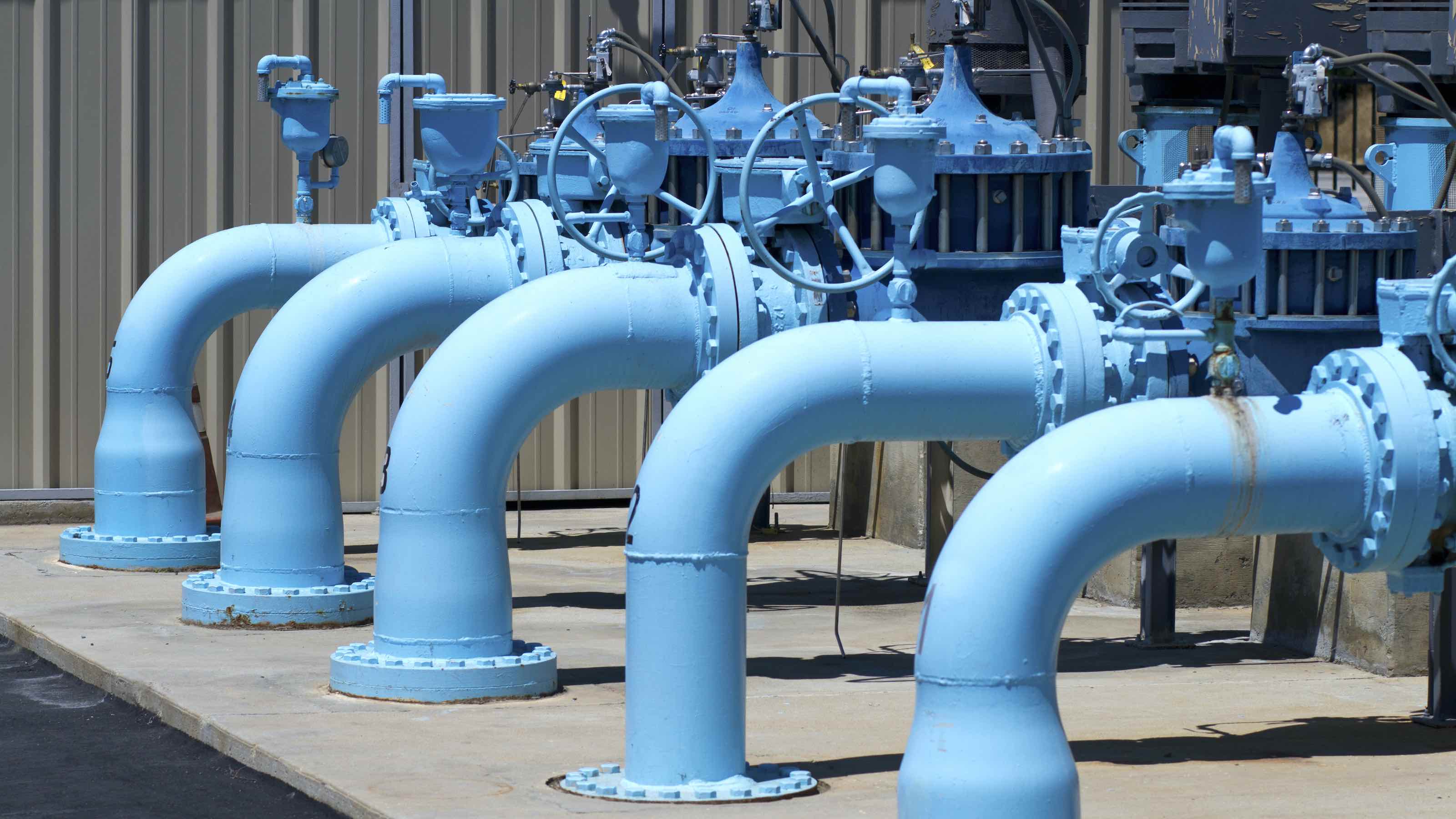
American Water Works
- Market value: $27.6 billion
- Dividend yield: 1.4%
- 5-year dividend growth rate: 10%
"Most utilities pay dividends," says Argus Research, "but few, other than American Water Works (AWK, $152.16) raise them at a double-digit rate" – a 10% five-year average annual pace that more than makes up for its modest current yield.
Janney recently downgraded shares in American Water Works, but not because there's anything wrong with the company. If anything, AWK stock is a victim of its own success.
"AWK shares have risen 30% this year," Janney says. "The performance has been exceptional. The outsized move by AWK to the upside is likely reflective of what we believe has been a 'flight to safety' given the company's long track of earnings performance and strong execution against strategic plans. With AWK shares now trading above our fair value estimate, we've reduced our rating from Buy to Neutral (Hold), based on valuation."
The elevated share price has prompted some Wall Street pros to moderate their bullishness on the name. And so new investors might want to wait for a better entry point.
However, AWK still has plenty of fans. Of the 16 analysts covering the stock tracked by S&P Global Market Intelligence, five call it a Strong Buy, two say Buy and seven rate it at Hold. One analyst says Sell and one rates it at Strong Sell. Collectively, their average recommendation of 2.44 equates to a consensus Buy rating.
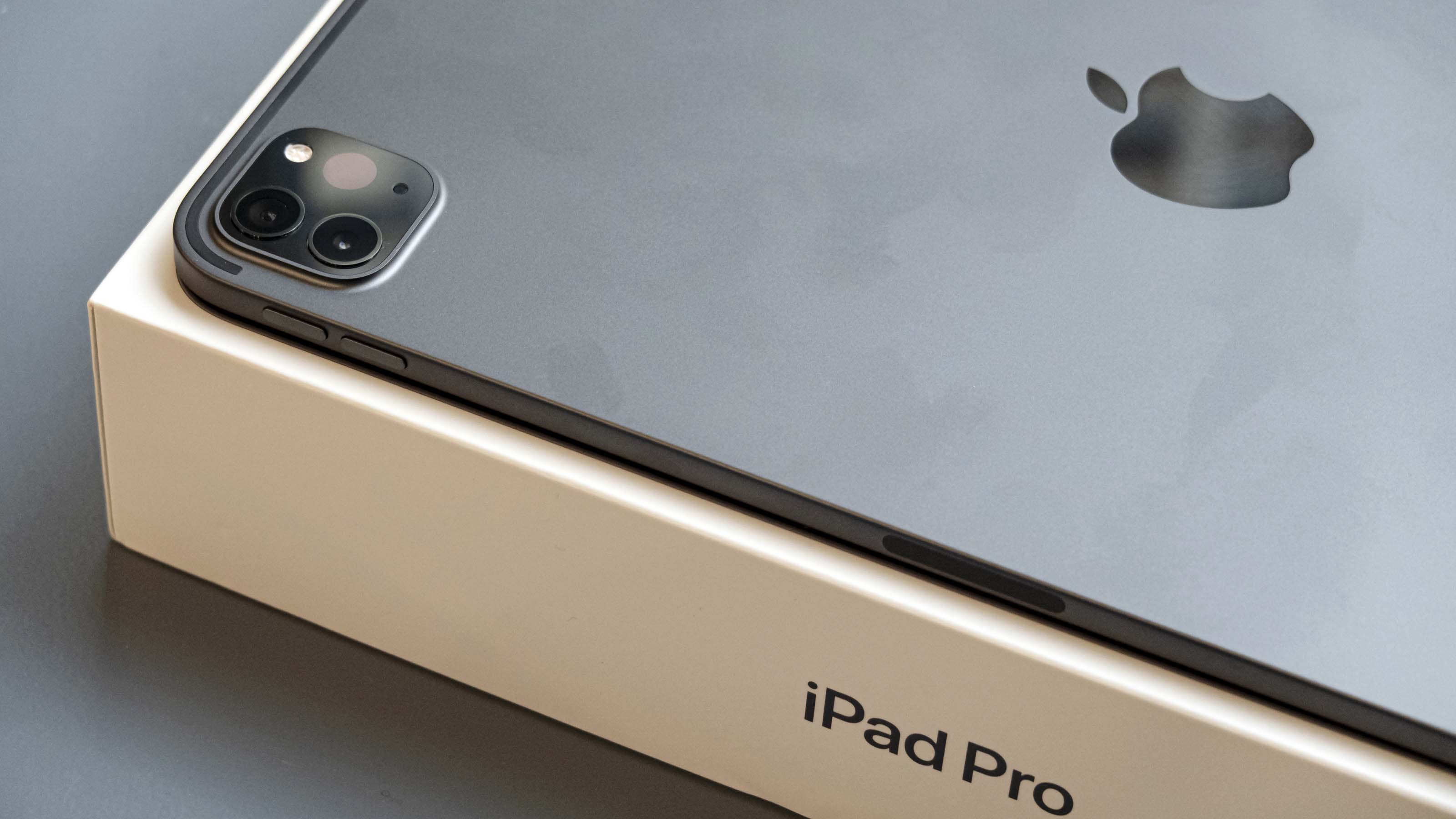
Apple
- Market value: $1.97 trillion
- Dividend yield: 0.7%
- 5-year dividend growth rate: 10%
Some stocks are great for dividend growth and earnings growth. Take Apple (AAPL, $115.32), for instance.
Argus Research applauds the iPhone maker for being a member of the "technology dividend parade," noting that it has a five-year dividend growth rate of 10%.
And at the same time, analysts, including Argus Research, estimate that Apple's earnings will grow at an average rate of more than 11% over the next three to five years. That's remarkable for a company with a market value that regularly dabbles with $2 trillion.
The release of the new iPhone 12 is expected to prompt users to upgrade their iPhones like never before.
"With our estimation that 350 million of 950 million iPhones worldwide are currently in the window of an upgrade opportunity, we believe this will translate into an unprecedented upgrade cycle for Apple," writes Wedbush, which rates AAPL at Outperform (Buy).
Apple last increased its dividend with the May payment, raising it by 6.5%, and its legendary cash position gives it ample room to keep the raises coming.
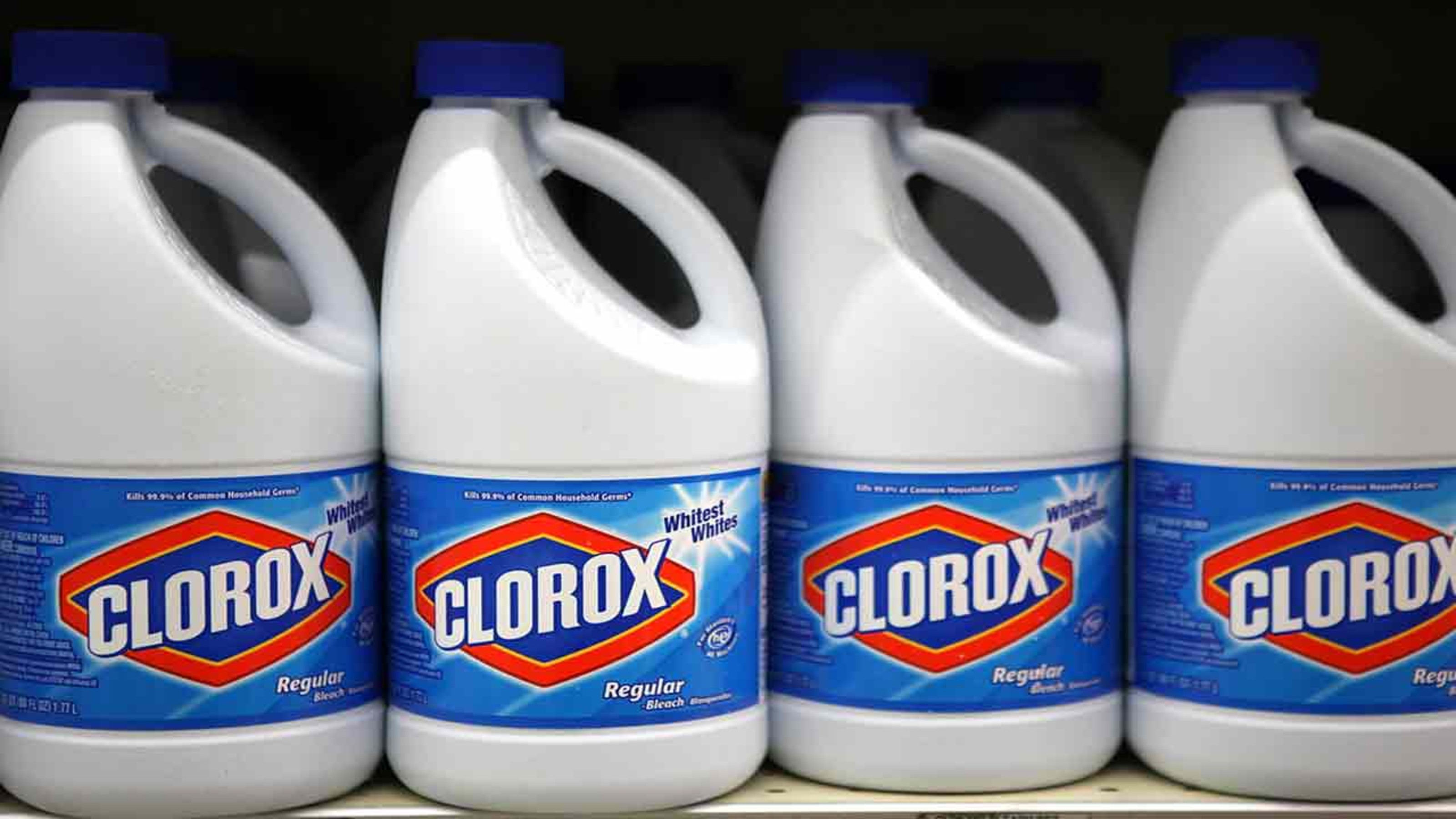
Clorox
- Market value: $26.3 billion
- Dividend yield: 2.1%
- 5-year dividend growth rate: 10%
Clorox (CLX, $208.73) is a new addition to the Argus Dividend Growth Portfolio, and it fits right in. Argus notes that the cleaning-products maker has hiked its payout for 42 consecutive years.
Although there's little doubt that Clorox has a superior track record of dividend growth, a major rally in the share price has a number of analysts moving to the sidelines. CLX is up about 40% for the year-to-date, boosted by pandemic demand, and that has made the stock too pricey for some investors.
Indeed, shares change hands at 28 times next year's earnings, while analysts expect those earnings to increase at an average annual rate of less than 5% over the next half-decade.
Of the 15 analysts covering the stock tracked by S&P Global Market Intelligence, three rate it at Strong Buy, eight say Hold, two call it a Sell and two have it at Strong Sell.
New investors might want to wait for a better entry point, but there's no question they're getting as solid a dividend payer as they come. Clorox has increased its payout every year since 1977, most recently in May 2020 when it climbed 5% to $1.11 per share. The five-year dividend growth rate stands at 10%.
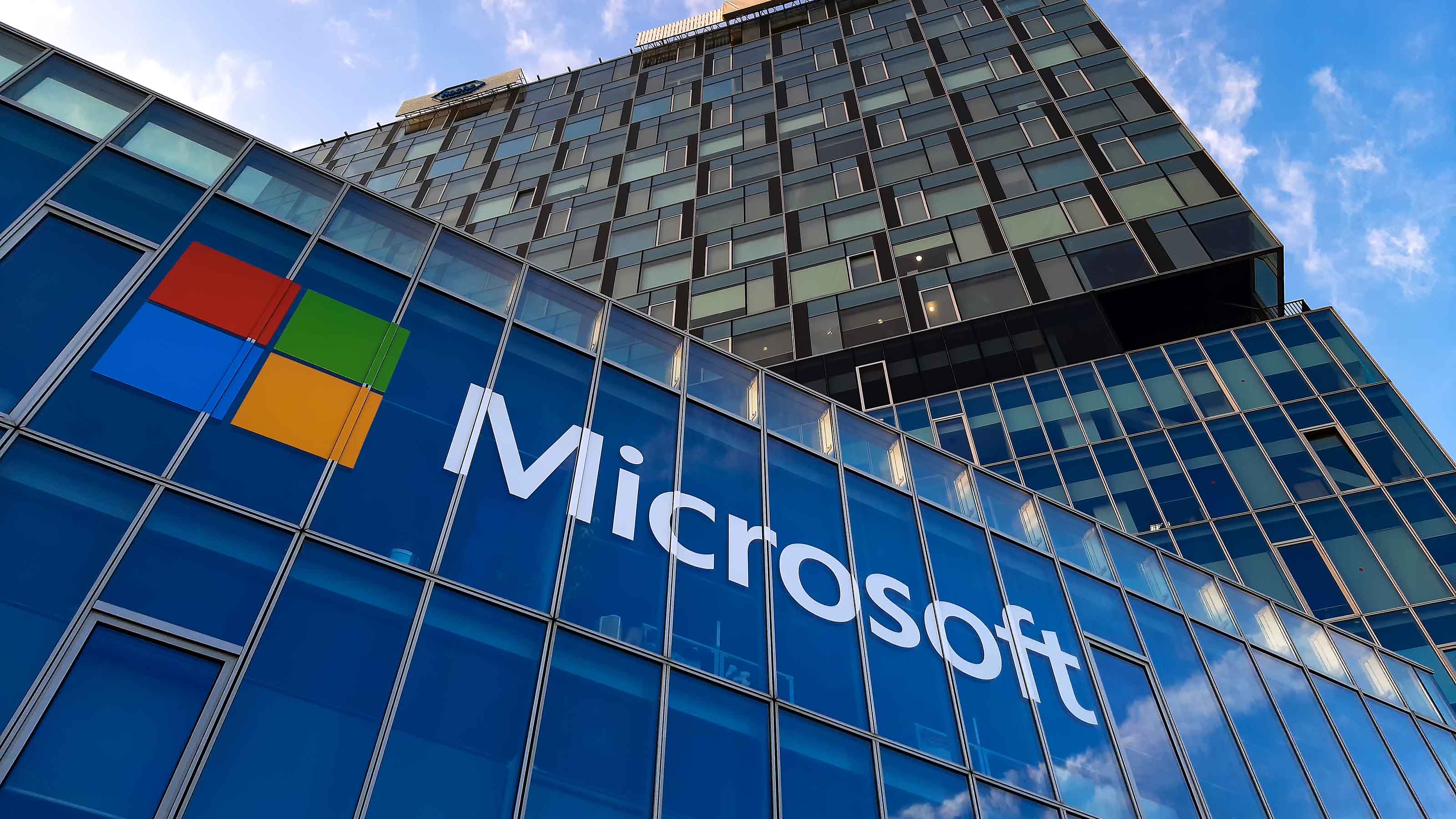
Microsoft
- Market value: $1.55 trillion
- Dividend yield: 1.1%
- 5-year dividend growth rate: 10%
Microsoft (MSFT, $204.72) has been such a runaway winner when it comes to share-price performance, it's easy to overlook what it has done for income investors. But Argus Research has been paying attention, noting that the software giant has grown its dividend without interruption in each of the past 16 years.
Even better, MSFT has more than enough financial wherewithal to keep the increases coming. Apple might get all the attention for having epic levels of cash on its books, but Microsoft is far from a slouch. The company generated more than $30 billion in free cash flow after paying interest on debt in each of the past two years. MSFT also has $138 billion in cash and cash equivalents.
Most of the Street is in thrall of the company's execution and profit prospects. Analysts expect Microsoft to generate average annual earnings growth of almost 13% for the next three to five years.
Their consensus call on the name is a rare Strong Buy.
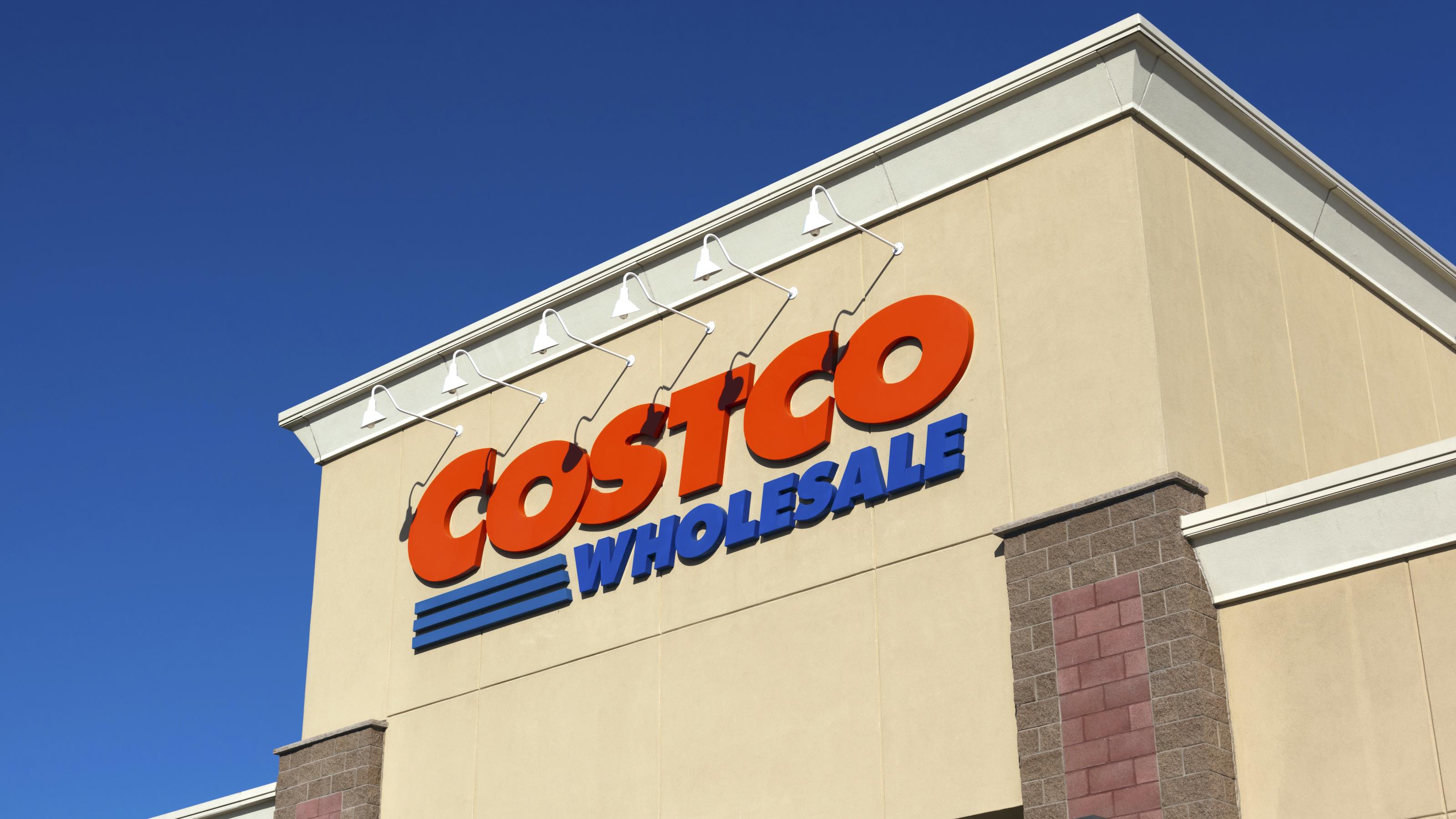
Costco
- Market value: $161.0 billion
- Dividend yield: 0.8%
- 5-year dividend growth rate: 12%
Costco (COST, $364.86) isn't going to blow anyone away with its dividend, but Argus Research urges investors to look at the broader income picture.
"This yield for this retail company may be low at 0.9% – but management's five-year track record of dividend growth is 12% and average annual returns over the past five years have been 21%," Argus's analysts write.
Keep in mind that over the past five years, after including dividends, COST generated a total return of 158%. Excluding dividends, the stock would have delivered a gain of just 133%. Sure, the yield might seem paltry, but over the past half-decade it contributed 25 percentage points to investors' returns. Management last raised the dividend in April, by 7.7% to 70 cents a share.
Bullish analysts also point to the fact that although shares are not cheap, they're hardly fully valued either.
"Although long-term uncertainties, such as renewal rates from the recent membership fee price increase and the threat from Amazon, remain watchpoints, we maintain our Buy rating as we believe current valuation provides modest downside protection," write Stifel analysts.
The Street sees Costco generating average annual earnings growth of almost 10% over the next three to five years. With 14 Strong Buy calls, seven Buys, 10 Hold rating and two Sells, analysts' average recommendation comes to Buy.
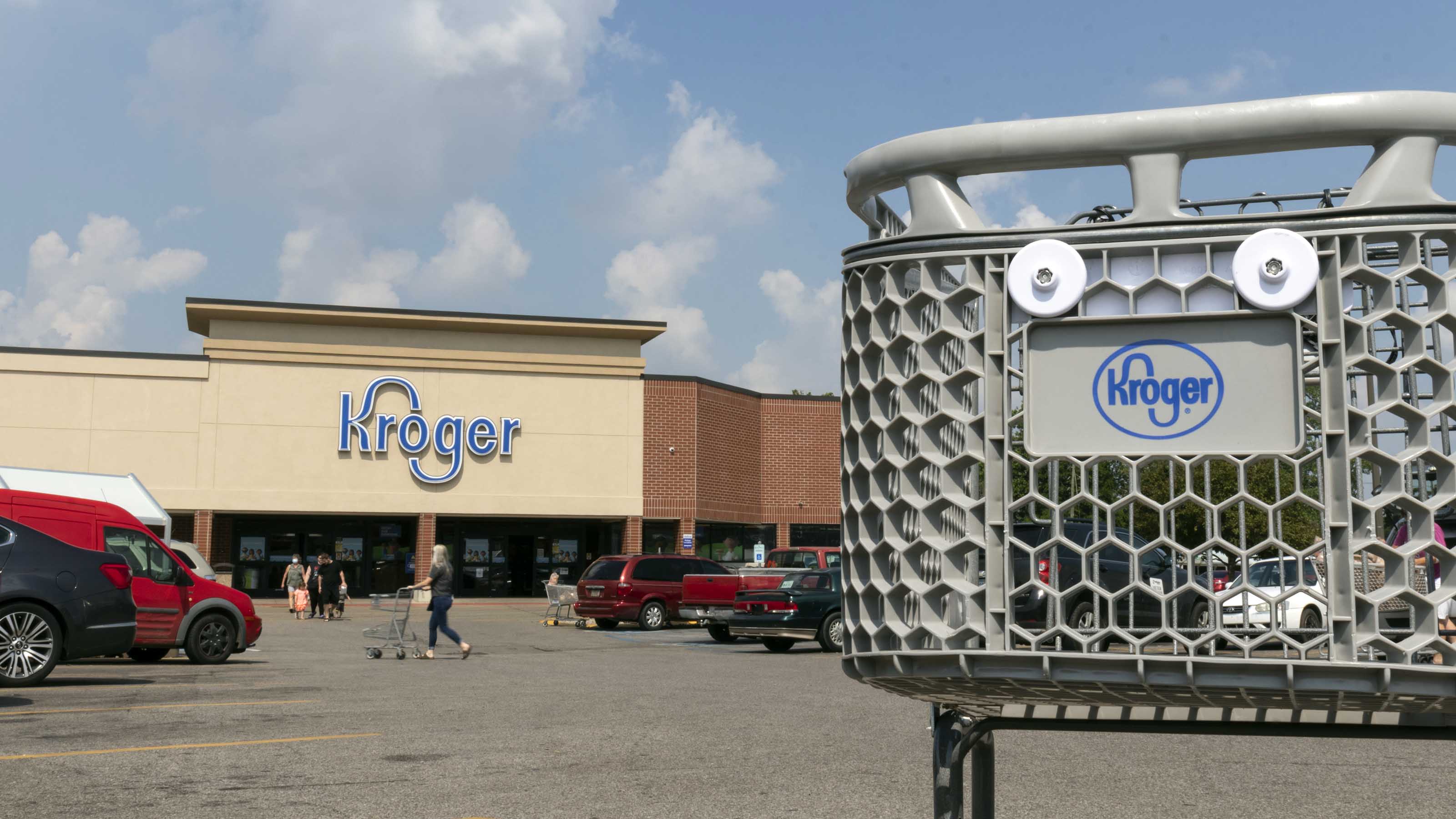
Kroger
- Market value: $25.0 billion
- Dividend yield: 2.2%
- 5-year dividend growth rate: 12%
Kroger (KR, $32.26) is a safe and solid dividend growth stock, says Argus Research.
"The 2.1% yield for this consumer staple company is in the sweet spot for the portfolio; management has increased the annual payout for 11 consecutive years," Argus notes.
And if you need a seal of approval, consider that the nation's largest supermarket operator has a fairly new fan in Warren Buffett, who is a well-known devotee of dividends.
The Berkshire Hathaway (BRK.B) CEO first invested in KR in the fourth quarter of 2019 and has since raised its stake. The holding company is now Kroger's sixth-largest shareholder with 21.9 million shares, or 2.8% of its shares outstanding.
With an 11-year track record of uninterrupted payout hikes and a dividend growth rate of 12%, it's plain to see why income investors are drawn to this name. The bottom line is set for solid profit growth, too.
Analysts note that Kroger is benefitting from more people eating at home, and that it isn't getting enough credit for its bustling online business.
"We continue to believe KR's shares are undervalued and think the market is underestimating KR's potential in e-commerce," says CFRA, which rates the stock at Buy. "KR's e-commerce platform is already stronger than its closest peer and should get even stronger next year."
The Pros' Picks: 9 Stocks to Sell Now

Abbott Laboratories
- Market value: $185.9 billion
- Dividend yield: 1.4%
- 5-year dividend growth rate: 13%
Abbott Laboratories (ABT, $105.00) develops and manufactures branded generic drugs, medical devices, nutrition and diagnostic products. Its portfolio of wares includes the likes of Similac infant formulas, Glucerna diabetes management products and i-Stat diagnostics devices.
"This healthcare company's yield of 1.5% is in the sweet spot for the portfolio," says Argus Research. But perhaps the most powerful draw of this name is its legendary track record of dividend growth. ABT's management has increased the annual payout for 48 consecutive years, and its five-year dividend growth rate stands at 13%.
To say management is devoted to returning cash to shareholders is an understatement. Abbott Labs first paid a dividend in 1924. Its last payout hike came in December – a 12.5% improvement to 36 cents per share.
Argus isn't alone in its affection for the company. A total of 12 analysts rate the stock at Strong Buy and four say Buy. Three analysts call it a Hold and two say Sell.

Sherwin-Williams
- Market value: $62.9 billion
- Dividend yield: 0.8%
- 5-year dividend growth rate: 15%
Sherwin-Williams (SHW, $692.09) is a new addition to the Argus Dividend Growth portfolio. The fact that it has increased its dividend for 42 consecutive years no doubt plays a part in that decision.
SHW, which acquired Valspar for $11 billion three years ago, is one of the largest paints, coatings and home-improvement companies in the world. The company's scale is one reason why Baird Equity Research rates the stock at Outperform. The firm notes that SHW is benefitting from the rise of the do-it-yourself movement amid the pandemic, as well as macroeconomic strength.
"Sherwin-Williams has clearly benefited from the improvement in U.S. housing fundamentals over the last five years," Baird's analysts say. "Sherwin should continue to outpace market growth by 1.5-2x based on their outsized exposure to professional painting contractors."
Income investors certainly don't need to worry about Sherwin-Williams' steady and rising dividend stream. SHW has hiked its distribution every year since 1979, including a nearly 19% jump in February 2020, and it pays out a mere 27% of its earnings as dividends.

Illinois Tool Works
- Market value: $62.2 billion
- Dividend yield: 2.3%
- 5-year dividend growth rate: 18%
Illinois Tool Works (ITW, $196.81) is a recent addition to Argus's list of dividend growth stocks, thanks in part to its 56-year streak of hiking its dividend.
The long-term payout growth rate of 18% doesn't hurt either.
ITW, which makes construction products, car parts, restaurant equipment and more, also operates businesses including Foster Refrigerators, ACME Packaging Systems and the Wolf Range Company.
The pros forecast Illinois Tool Works to generate solid profit growth in the years ahead. Indeed, they're expecting annual earnings growth of 11% over the next three to five years. Nevertheless, it looks pricey for most investors, trading at 26.5 next year's earnings.
Valuation is partly why analysts' average recommendation stands at Hold. They're also concerned about global economic growth.
"ITW should be a core holding in any industrial portfolio," writes Stifel (Hold). "At this time we view ITW shares as fully valued given the uncertain macro environment and its effect on the global industrial economy."
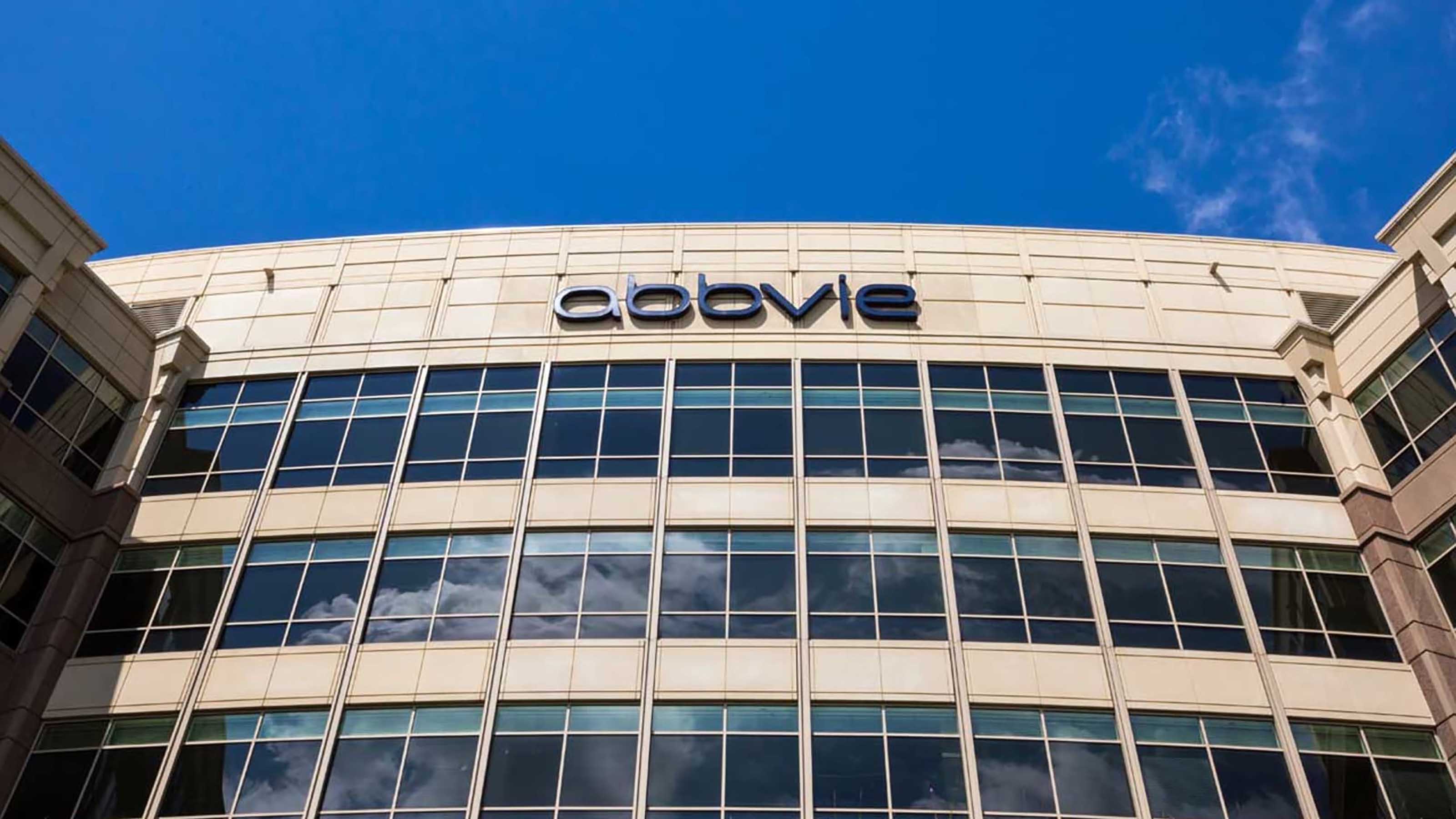
AbbVie
- Market value: $142.4 billion
- Dividend yield: 6.4%*
- 5-year dividend growth rate: 20%
Pharmaceutical company AbbVie (ABBV, $80.67) was spun off from Abbott Laboratories in 2013. Like its parent, it carries a longstanding dividend-growth streak. What's perhaps even better is that ABBV has some blockbuster drugs on its hands.
Including its time as part of Abbott, AbbVie upped its annual distribution for 49 consecutive years, with the most recent hike announced at the end of October. ABBV said it approved a 2021 dividend increase of 10.2%, beginning with dividend payable in February.
Argus Research notes that the firm has raised the dividend at an average 20% rate over the past five years (prior to this increase). And with a yield well above 6%, based on the new payout, ABBV certainly stands out as an exception to Argus' low-yield preferences.
Two of AbbVie's best-selling products include Humira, a rheumatoid arthritis drug that has been approved for numerous other ailments, and cancer drug Imbruvica. Humira is on pace to surpass Lipitor as the best-selling drug of all time.
* Yield based on the recently announced dividend increase.
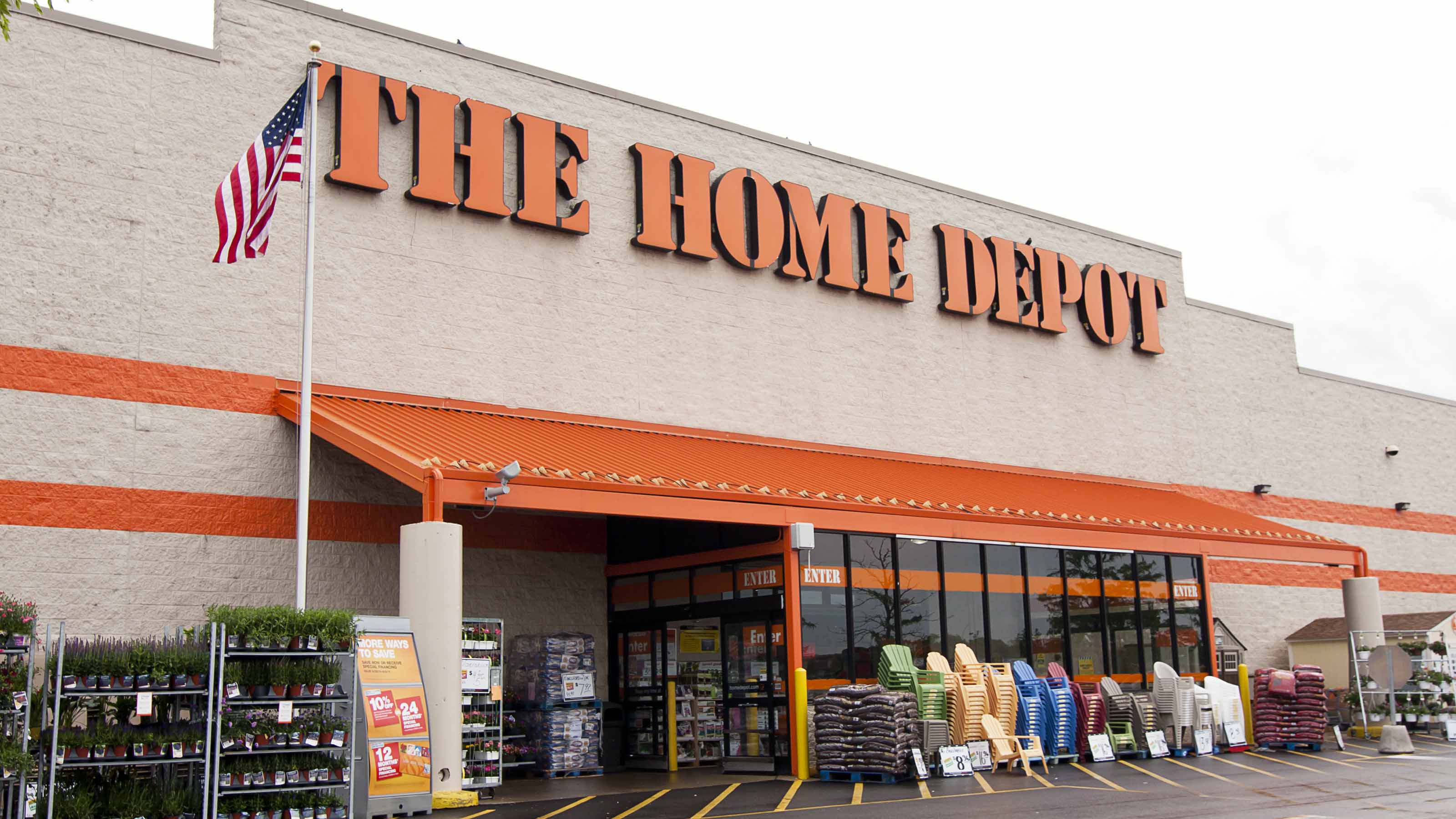
Home Depot
- Market value: $290.2 billion
- Dividend yield: 2.2%
- 5-year dividend growth rate: 22%
Home Depot (HD, $269.63) recently boosted its payout by "only" 10% in February, Argus Research notes, but don't let that distract you from the fact that the retailer has a long-term dividend growth rate of 22%.
The nation's largest home improvement chain is one of the few businesses to benefit from the pandemic forcing folks to stick close to home. And it's making the most of it.
"The evidence is pretty clear, people are eating at home, playing at home, and ordering things from home, and because 'home' is so important, Americans are investing in their homes and yards," says Argus. "Sheltering-at-home has given consumers the time and inclination to take on small home improvement projects. HD is a potential beneficiary if consumers reallocate a portion of their spending from traveling and eating out to working, relaxing and studying in a safe comfortable home and yard."
The broader analyst community is likewise bullish on HD, a component of the Dow Jones Industrial Average. Their average recommendation stands at Buy, according to S&P Global Market Research, with a long-term growth forecast of 8.1%.
Profit and prosper with the best of Kiplinger's advice on investing, taxes, retirement, personal finance and much more. Delivered daily. Enter your email in the box and click Sign Me Up.

Dan Burrows is Kiplinger's senior investing writer, having joined the publication full time in 2016.
A long-time financial journalist, Dan is a veteran of MarketWatch, CBS MoneyWatch, SmartMoney, InvestorPlace, DailyFinance and other tier 1 national publications. He has written for The Wall Street Journal, Bloomberg and Consumer Reports and his stories have appeared in the New York Daily News, the San Jose Mercury News and Investor's Business Daily, among many other outlets. As a senior writer at AOL's DailyFinance, Dan reported market news from the floor of the New York Stock Exchange.
Once upon a time – before his days as a financial reporter and assistant financial editor at legendary fashion trade paper Women's Wear Daily – Dan worked for Spy magazine, scribbled away at Time Inc. and contributed to Maxim magazine back when lad mags were a thing. He's also written for Esquire magazine's Dubious Achievements Awards.
In his current role at Kiplinger, Dan writes about markets and macroeconomics.
Dan holds a bachelor's degree from Oberlin College and a master's degree from Columbia University.
Disclosure: Dan does not trade individual stocks or securities. He is eternally long the U.S equity market, primarily through tax-advantaged accounts.
-
 Betting on Super Bowl 2026? New IRS Tax Changes Could Cost You
Betting on Super Bowl 2026? New IRS Tax Changes Could Cost YouTaxable Income When Super Bowl LX hype fades, some fans may be surprised to learn that sports betting tax rules have shifted.
-
 How Much It Costs to Host a Super Bowl Party in 2026
How Much It Costs to Host a Super Bowl Party in 2026Hosting a Super Bowl party in 2026 could cost you. Here's a breakdown of food, drink and entertainment costs — plus ways to save.
-
 3 Reasons to Use a 5-Year CD As You Approach Retirement
3 Reasons to Use a 5-Year CD As You Approach RetirementA five-year CD can help you reach other milestones as you approach retirement.
-
 Nasdaq Slides 1.4% on Big Tech Questions: Stock Market Today
Nasdaq Slides 1.4% on Big Tech Questions: Stock Market TodayPalantir Technologies proves at least one publicly traded company can spend a lot of money on AI and make a lot of money on AI.
-
 Stocks Close Down as Gold, Silver Spiral: Stock Market Today
Stocks Close Down as Gold, Silver Spiral: Stock Market TodayA "long-overdue correction" temporarily halted a massive rally in gold and silver, while the Dow took a hit from negative reactions to blue-chip earnings.
-
 Nasdaq Drops 172 Points on MSFT AI Spend: Stock Market Today
Nasdaq Drops 172 Points on MSFT AI Spend: Stock Market TodayMicrosoft, Meta Platforms and a mid-cap energy stock have a lot to say about the state of the AI revolution today.
-
 S&P 500 Tops 7,000, Fed Pauses Rate Cuts: Stock Market Today
S&P 500 Tops 7,000, Fed Pauses Rate Cuts: Stock Market TodayInvestors, traders and speculators will probably have to wait until after Jerome Powell steps down for the next Fed rate cut.
-
 S&P 500 Hits New High Before Big Tech Earnings, Fed: Stock Market Today
S&P 500 Hits New High Before Big Tech Earnings, Fed: Stock Market TodayThe tech-heavy Nasdaq also shone in Tuesday's session, while UnitedHealth dragged on the blue-chip Dow Jones Industrial Average.
-
 Dow Rises 313 Points to Begin a Big Week: Stock Market Today
Dow Rises 313 Points to Begin a Big Week: Stock Market TodayThe S&P 500 is within 50 points of crossing 7,000 for the first time, and Papa Dow is lurking just below its own new all-time high.
-
 Nasdaq Leads Ahead of Big Tech Earnings: Stock Market Today
Nasdaq Leads Ahead of Big Tech Earnings: Stock Market TodayPresident Donald Trump is making markets move based on personal and political as well as financial and economic priorities.
-
 11 Stock Picks Beyond the Magnificent 7
11 Stock Picks Beyond the Magnificent 7With my Mag-7-Plus strategy, you can own the mega caps individually or in ETFs and add in some smaller tech stocks to benefit from AI and other innovations.
